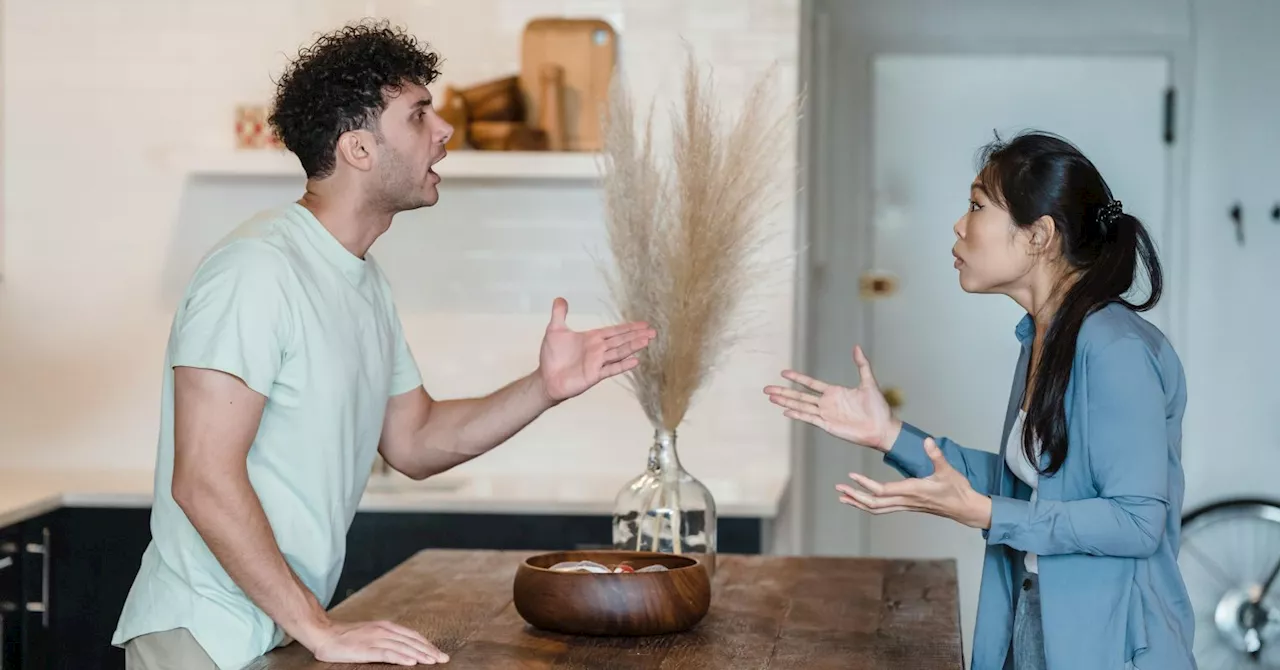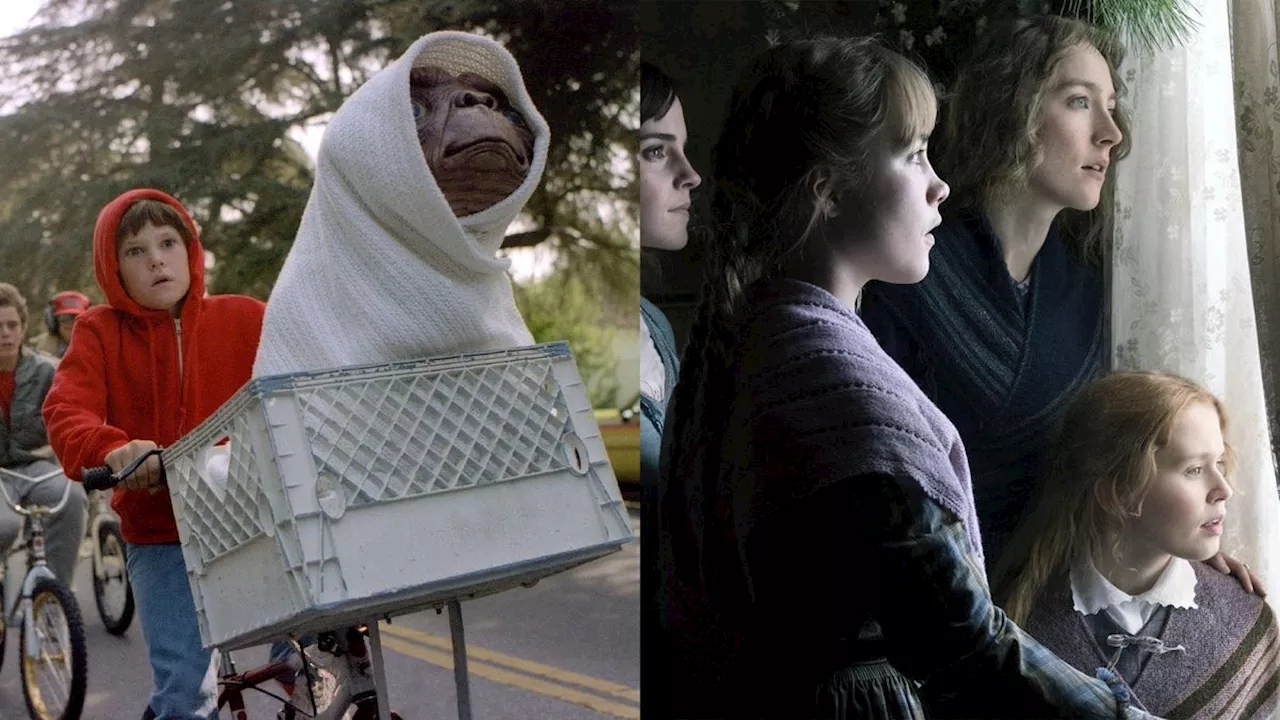This article explores the importance of validation in navigating conflict within romantic relationships. Drawing insights from experts like Alison Wood Brooks and Caroline Fleck, it emphasizes the need for couples to actively listen, understand, and acknowledge each other's feelings, even during disagreements.
Long-lasting, successful relationships are not immune to conflict. However, these couples tend to be more adept at handling both minor disagreements and deeper-seated issues. Alison Wood Brooks, an associate professor of business administration at Harvard Business School, describes a romantic partnership as a 'relentless journey of conflict management.
' Brooks, who teaches in the MBA curriculum about effective communication for business and life success, emphasizes that conflict resolution is not a sporadic challenge for couples. Instead, they need a comprehensive toolkit readily available for most interactions to address these inevitable difficult moments. In her new book, 'Talk: The Science Of Conversation And The Art of Being Ourselves,' she offers guidance on navigating challenging conversations. Brooks highlights that individuals who are 'highly receptive' utilize specific language when resolving conflicts. They approach their partners using a three-step process: first, they actively listen and summarize their partner's perspective to demonstrate understanding. This not only shows that you are paying attention but also allows your partner to correct any misinterpretations. Second, they validate their partner's feelings, acknowledging and affirming their emotions even if they strongly disagree with their viewpoint. Brooks explains, 'They do a really good job affirming the other person and validating their feelings, even if they really, vehemently disagree with them.' Lastly, once they have fully acknowledged their partner's emotions, they calmly present their own reasoning and perspective.Brooks acknowledges that this process sounds straightforward, but in the heat of an argument, many people overlook the crucial step of expressing understanding. 'The affirming piece is really important and most of us forget to do it when we're rushed and when we get defensive,' she says. Caroline Fleck, an adjunct clinical instructor at Stanford University and author of the upcoming book 'Validation,' further emphasizes the importance of validation. Fleck notes that in arguments, people often repeat the same points in different ways because they don't feel heard. The absence of feeling accepted makes it difficult for individuals to change needed behaviors. By validating your partner, you create a sense of teamwork and shared goal, reminding them that you are both working towards the same resolution
RELATIONSHIPS COMMUNICATION CONFLICT RESOLUTION VALIDATION EMOTIONAL INTELLIGENCE
United States Latest News, United States Headlines
Similar News:You can also read news stories similar to this one that we have collected from other news sources.
 The Power of Validation in RelationshipsThis article explores the benefits of validation in relationships, particularly during arguments. It introduces the 'Rapoport technique,' a couples therapy exercise that encourages active listening and understanding.
The Power of Validation in RelationshipsThis article explores the benefits of validation in relationships, particularly during arguments. It introduces the 'Rapoport technique,' a couples therapy exercise that encourages active listening and understanding.
Read more »
 Power companies douse Los Angeles power poles with retardant to protect power grid during firesWith multiple wildfires still burning across the county, several Los Angeles power companies have started to try and get ahead of the potentially volatile and erratic flames, working to mitigate additional risks by clearing dry vegetation and protecting valuable power lines.
Power companies douse Los Angeles power poles with retardant to protect power grid during firesWith multiple wildfires still burning across the county, several Los Angeles power companies have started to try and get ahead of the potentially volatile and erratic flames, working to mitigate additional risks by clearing dry vegetation and protecting valuable power lines.
Read more »
 The Power of Acceptance: Navigating Differences in RelationshipsThis article explores the challenges of differing political views in personal relationships and offers practical advice on how to navigate these differences with grace and understanding. It emphasizes the importance of acceptance, open communication, and focusing on common ground.
The Power of Acceptance: Navigating Differences in RelationshipsThis article explores the challenges of differing political views in personal relationships and offers practical advice on how to navigate these differences with grace and understanding. It emphasizes the importance of acceptance, open communication, and focusing on common ground.
Read more »
 Power in RelationshipsHow You Get It; How you Keep it; How You Give It Away
Power in RelationshipsHow You Get It; How you Keep it; How You Give It Away
Read more »
 Breaking Stereotypes in Relationships: The Power of Empathy and Intellectual HumilityThis article explores how stereotyping partners based on perceived personality traits can be detrimental to relationships. It emphasizes the importance of intellectual humility, understanding the complexities of others' behaviors, and challenging simplistic attributions. The author suggests that couples therapy techniques like zooming in and out on perspectives can help couples break free from harmful stereotypes and foster more fulfilling connections.
Breaking Stereotypes in Relationships: The Power of Empathy and Intellectual HumilityThis article explores how stereotyping partners based on perceived personality traits can be detrimental to relationships. It emphasizes the importance of intellectual humility, understanding the complexities of others' behaviors, and challenging simplistic attributions. The author suggests that couples therapy techniques like zooming in and out on perspectives can help couples break free from harmful stereotypes and foster more fulfilling connections.
Read more »
 The Enduring Power of Platonic Relationships in FilmThis article explores the compelling portrayal of friendships in cinema, highlighting how these connections can be as impactful and meaningful as romantic relationships. It features several film examples that showcase the diverse forms of platonic bonds, from childhood friendships to adult camaraderie, emphasizing the emotional depth and resilience they offer.
The Enduring Power of Platonic Relationships in FilmThis article explores the compelling portrayal of friendships in cinema, highlighting how these connections can be as impactful and meaningful as romantic relationships. It features several film examples that showcase the diverse forms of platonic bonds, from childhood friendships to adult camaraderie, emphasizing the emotional depth and resilience they offer.
Read more »
